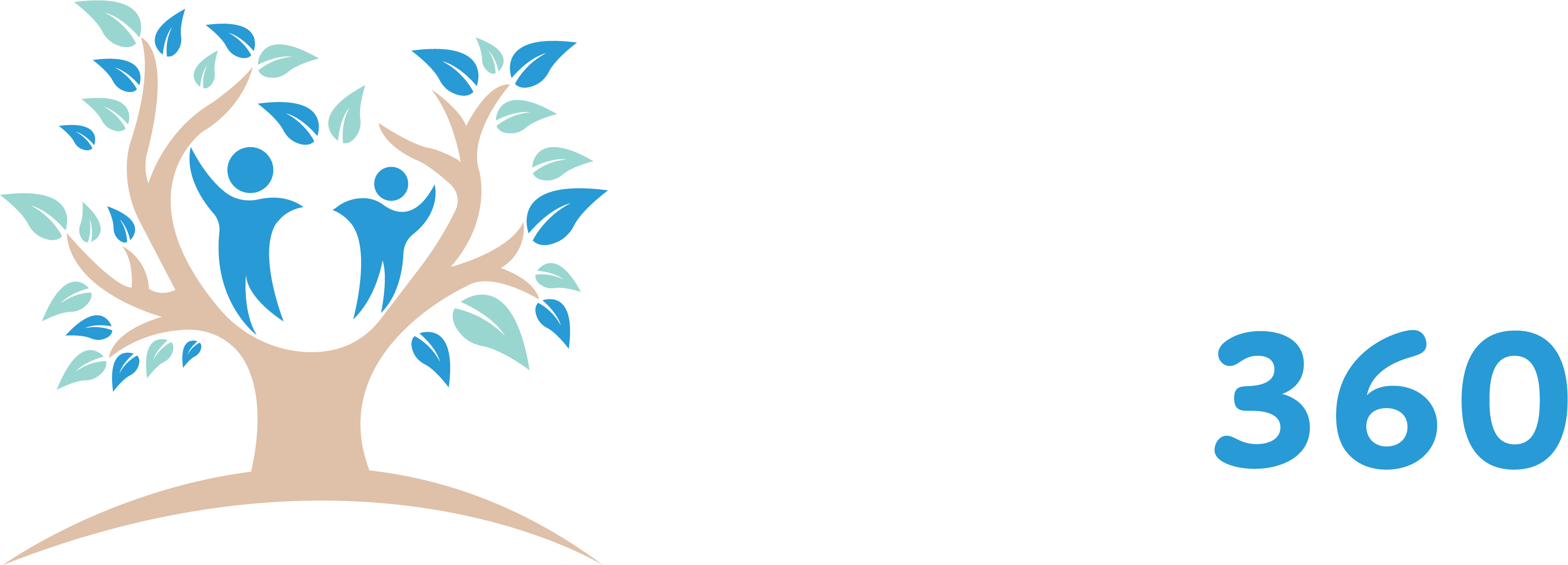Research

Do early childhood educators need to choose between reflective practice or critical reflection? Or can they do both?

While there may be some overlap between the two, it is important for early childhood educators to understand the distinctions between reflective practice and critical reflection and how to use them effectively in their teaching. Reflective practice is an ongoing process that is focused on improving one’s own performance. It is a way for educators to think about their teaching experiences, identify areas for improvement, and make changes to their teaching strategies. By reflecting on their own teaching experiences, educators can gain new insights and perspectives that can inform their practice.
Critical reflection, on the other hand, is a more in-depth form of reflection that involves examining the underlying assumptions and power dynamics in a given situation. It is a way for educators to think about the larger social and cultural contexts that influence their teaching practices. Critical reflection allows educators to question the status quo, challenge assumptions, and consider alternative perspectives.
One of the key differences between reflective practice and critical reflection is that reflective practice is typically focused on the individual, while critical reflection is focused on the broader societal and cultural contexts. Reflective practice is a way for educators to think about their own teaching practices and experiences, while critical reflection is a way for educators to think about the larger societal and cultural contexts that shape their teaching practices.
Despite the distinction between reflective practice and critical reflection, early childhood educators can and should use both in their teaching practice. Reflective practice is an essential tool for improving one’s own teaching performance, while critical reflection is important for understanding the larger societal and cultural contexts that shape teaching practices. By combining reflective practice and critical reflection, educators can gain a deeper understanding of the factors that influence their teaching practices and make more informed decisions about how to improve their teaching strategies.
It’s important to note that critical reflection can be challenging, as it requires educators to question their own assumptions and biases, and to consider alternative perspectives. However, it is also an important step in creating a more equitable and inclusive classroom. By critically reflecting on their own teaching practices, early childhood educators can identify any unconscious biases and make adjustments to better serve all students.
In conclusion, reflective practice and critical reflection are both valuable tools for early childhood educators. Reflective practice is focused on improving one’s own performance, while critical reflection is focused on understanding the broader societal and cultural contexts that shape teaching practices. By using both reflective practice and critical reflection, early childhood educators can gain a deeper understanding of the factors that influence their teaching practices and make more informed decisions about how to improve their teaching strategies. This will help to create a more inclusive and equitable classroom for all students.
Start using Personhood360 for free!
Access all Personhood360 features for 30 days, to see how Personhood360 can add value to your early childhood centre.
Or compare plans from $2.45 per child/month
![]() Cancel any time
Cancel any time![]() Online Support
Online Support
